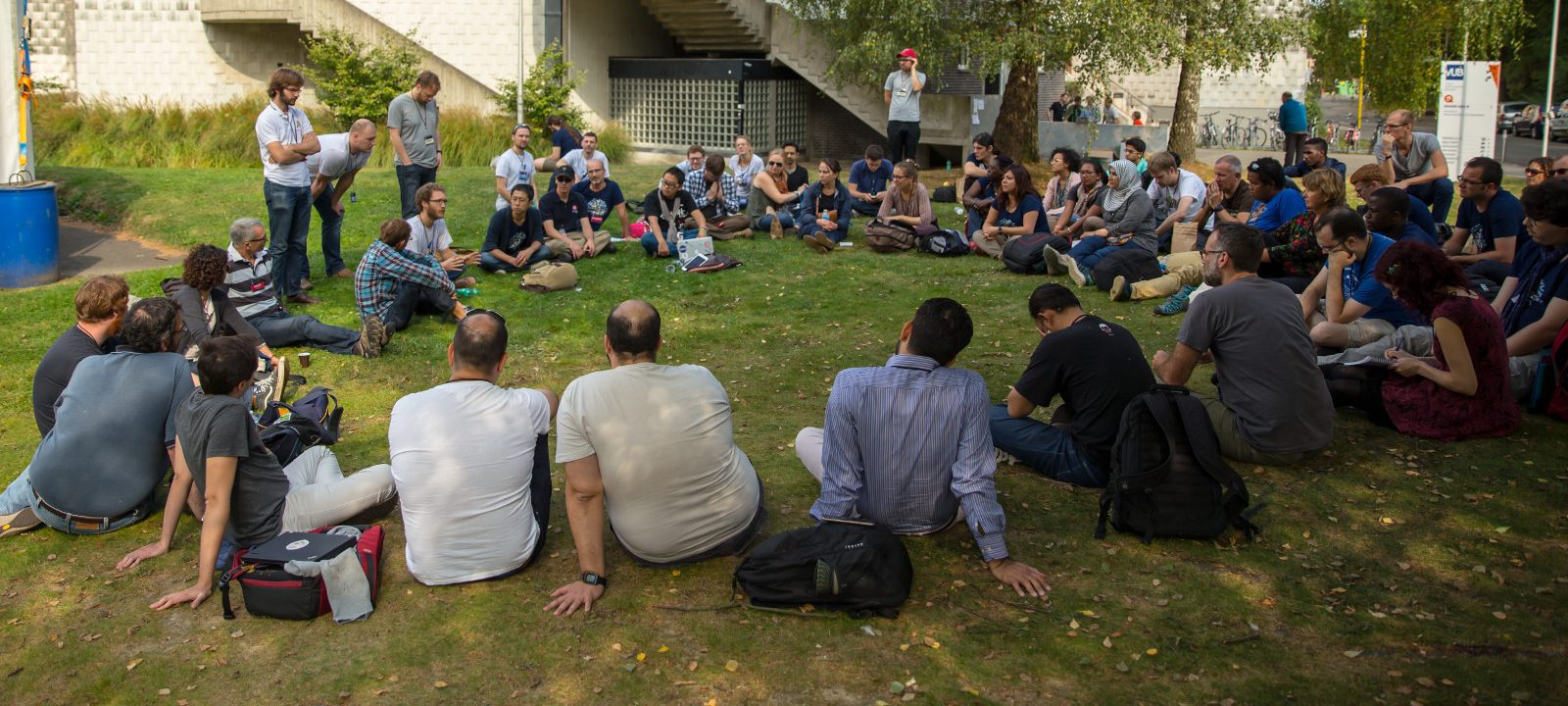10 years + a few days ago, we held the White House Mapathon.
Over a hundred mappers gathered and livestreamed the happenings, shared stories of cool mapping projects, dialed in Peace Corps volunteers from the across the globe, and naturally mapped. There were cake pops decorated like globes. Along the walls, stunning reproductions of historic American maps provided by the Archives (I snagged a couple prints, they hang in my office to this day). Everyone dressed formal for the setting, except Alex Barth in usual attire, commenting “Wow OpenStreetMap is fancy today”.
Can you imagine that occurring today? Unimaginable. Of course not.
These kinds of convenings are by their nature fleeting. A recognition and shared touchstone for future work. Yes a bit hype-y, but grounded in real work and real opportunity. This was the era of upswing in open government, open data, the early days of 18F and USDS. The community that gathered there continued championing open mapping in the years after. Some of the most enduring are YouthMappers https://www.youthmappers.org/ and OSM US government initiatives https://openstreetmap.us/our-work/trails/.
We’re now in the age of BS. Truth or not does not matter. That comes from government and AI vibes.




